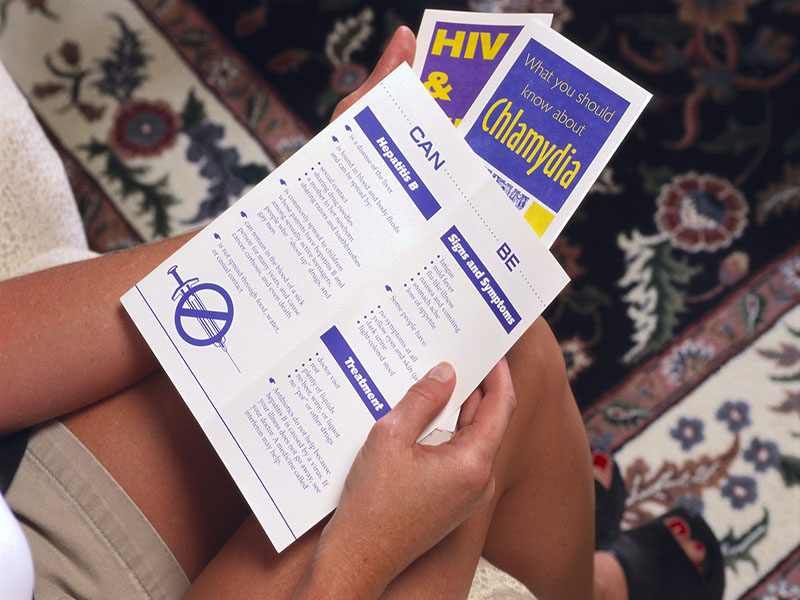Influential U.S. Panel Backs PrEP HIV-Prevention Pills

TUESDAY, Nov. 20, 2018 (HealthDay News) -- For the first time, a highly influential panel of experts says doctors should offer a daily pill to prevent HIV transmission to people who are at high risk for infection with the AIDS-causing virus.
This treatment is called pre-exposure prophylaxis -- PrEP for short -- and it has been shown to be highly effective at preventing HIV's spread, concluded the U.S. Preventive Services Task Force. USPSTF panels regularly convene to issue evidence-based guidance on a wide variety of medical matters. Their advisories help inform care and insurance coverage.
The benefits of taking PrEP far outweigh the risks, which can include kidney problems and nausea, the task force announced Tuesday.
PrEP -- perhaps best known as the two-drug combo pill Truvada (emtricitabine/tenofovir) -- is for use by people who do not have HIV but who are at high risk for getting it for various reasons.
For example, they may have a regular sex partner infected with HIV; have sex without a condom with a partner or partners whose HIV status is unknown; or share needles or other injection-drug equipment.
"The evidence is clear: when taken as prescribed, PrEP is highly effective at preventing HIV," panel member Dr. Seth Landefeld said in a task force news release.
"To make a difference in the lives of people at high risk for HIV, clinicians need to identify patients who would benefit and offer them PrEP," said Landefeld, chair of the department of medicine at the University of Alabama at Birmingham School of Medicine.
Going forward, physicians should support patients taking PrEP to ensure they take the pill daily for maximum protection, the USPSTF said.
But while PrEP helps prevent HIV, it does not protect against other sexually transmitted infections, the panel noted. People who take PrEP should still use condoms and follow other safe sex measures to reduce the risk of other sexually transmitted infections.
In another draft recommendation, the task force reiterated that everyone ages 15 to 65 and all pregnant women should be screened for HIV as part of routine medical care. Younger adolescents and older adults at increased risk for HIV should also be screened.
"About 40,000 people are diagnosed with HIV each year. This is why the task force, once again, calls for universal screening for HIV in adolescents and adults ages 15 to 65 years and in all pregnant women," task force member Dr. John Epling said in the news release. He is professor and medical director of research, family and community medicine at Virginia Tech Carilion School of Medicine.
"People deserve to know their HIV status so, if needed, they can start treatment early and live long, healthy lives," Epling added.
There are two ways to screen for HIV -- a conventional blood test sent to the laboratory for analysis, or a rapid test (finger prick or saliva swab) that provides results in less than 15 minutes.
While overall HIV infection rates in the United States have been going down, rates among some groups are on the rise, most notably among people ages 25 to 29.
The draft recommendations have been posted for public comment on the task force website and comments can be submitted now through Dec. 26, 2018.
More information
The U.S. Centers for Disease Control and Prevention has more on PrEP.

The news stories provided in Health News and our Health-E News Newsletter are a service of the nationally syndicated HealthDay® news and information company. Stories refer to national trends and breaking health news, and are not necessarily indicative of or always supported by our facility and providers. This information is provided for informational and educational purposes only, and is not intended to be a substitute for medical advice, diagnosis, or treatment.

